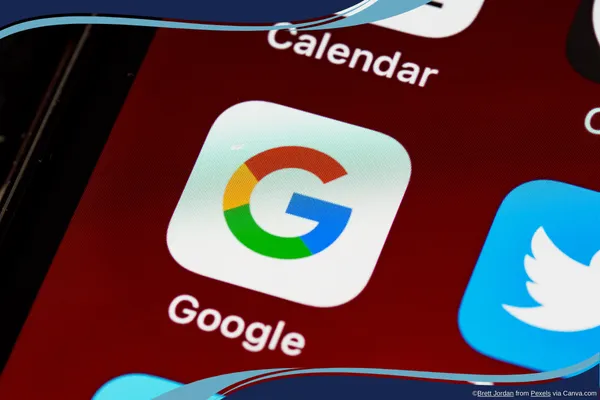STRATEGY, MEET NEWS
Real news, real insights – for small businesses who want to understand what’s happening and why it matters.

Google Keeps Third-Party Cookies Alive—What Small Businesses Need to Know Now
By Vicky Sidler | Published 28 April 2025 at 09:30 GMT
If you have been nervously eyeing your ad tracking dashboards lately, good news: you can breathe again—at least for now.
This week, Google officially scrapped its plan to phase out third-party cookies in Chrome, the world’s most-used browser. After five years of promising a “privacy revolution”, Google has decided to simply... not. No prompts, no blockades, no grand farewell tour. Just the old-fashioned cookie jar staying exactly where it is.
In Google’s statement, the company blamed “divergent perspectives” for the change of heart. Translation: advertisers, publishers, and regulators all pulled in different directions, and Google decided not to referee.
If you run a small business that depends on online ads, this sudden U-turn is not just tech industry gossip. It affects your marketing strategy directly—today, tomorrow, and beyond.
What Actually Changed (and What Did Not)
Here’s the plain version:
Google will not block third-party cookies in Chrome, despite earlier plans to do so.
You will not see a new opt-in prompt asking Chrome users if they want to allow ad tracking across sites.
Advertisers can still track visitors, re-target audiences, and measure campaign success using traditional methods on Chrome.
You might remember Google’s “Privacy Sandbox” project—the proposed future where cookies would be replaced by new privacy-friendly tracking tools. Well, the sandbox still exists in theory, but the bucket and spade have been set down for now.
Meanwhile, Safari, Firefox, and Brave still block third-party cookies by default. Chrome, however, will keep behaving like that easy-going friend who lets everyone track the party’s guest list.
Why Small Businesses Should Care
If your business relies on digital advertising—Google Ads, Facebook retargeting, programmatic display, or even affiliate marketing—this is significant.
Without third-party cookies, you would have faced a messy world of guesswork: limited tracking, less precise targeting, and harder conversion measurement. Retargeting ads? Possibly a thing of the past.
By keeping cookies alive, Google has granted marketers a stay of execution. Advertisers can breathe easy knowing their campaigns on Chrome will continue to work like they always have—reaching people based on real browsing behavior, not vague assumptions.
This does not mean privacy changes are canceled everywhere. Regulators are still circling, users still care about how data is handled, and alternative tracking models are still developing. But if you needed your remarketing campaigns to survive 2025, Google’s move just bought you time.
How to Use This Breathing Room Wisely
As a StoryBrand Certified Guide and a Duct Tape Marketing Consultant, I am all about clear, actionable marketing—not marketing built on wishful thinking. Here’s what I recommend:
1. Keep your current tracking systems running—but back them up with first-party strategies
You can continue using Facebook Pixel, Google Analytics, and remarketing audiences that depend on cookies—no changes needed today.
But parallel to that, start treating your owned data like gold. Grow your email list. Build loyalty programs. Create reasons for people to opt into your world willingly, not just by visiting your site and getting tagged.
First-party data (emails, purchases, form fills) will outlive cookies. Start building that safety net now.
2. Keep an eye on regulatory winds
Google’s change was not purely technical—it happened because regulators and lawsuits started asking hard questions about monopoly power.
If the US or Europe pushes through stricter privacy laws, cookie tracking could still get clipped later—by legislation, not tech updates.
Treat cookies as a tool you can use for now, not something you can count on forever.
3. Do not fall asleep on newer options
Google’s Privacy Sandbox projects (like Topics API and Protected Audience API) are still being developed quietly.
Even though cookies survived this round, smart marketers are experimenting with privacy-first ad solutions already. You should too.
Start small: test contextual ads (ads based on page content, not user behavior) or try out Google’s new conversion APIs when they release updates.
Being early with these tools can give your business an advantage when (not if) the next big change hits.
What Small Businesses Should Actually Do Next
Keep running your cookie-based campaigns—they are safe for now.
Strengthen your email and CRM list—first-party data is your insurance policy.
Educate yourself on Google's Privacy Sandbox and other emerging tracking methods.
Keep monitoring regulatory news, not just tech announcements.
Why This Pause Should Still Push You Forward
Google’s surprise decision to keep third-party cookies is like an extension on your homework deadline. It is not a cancellation.
If you are serious about long-term marketing success, this is the perfect time to sharpen your strategy while things are calm.
Cookies are staying longer, but the bigger shift toward privacy-first marketing is still coming. The winners will be the small businesses that prepare early, while everyone else is busy celebrating that they can still run the same ads from 2021.
READY TO MAKE YOUR MESSAGE MATTER?
Enough with the bland, forgettable, soulless AI Content – we design StoryBrand marketing that feels human and actually connects.
Cleared with clarity (and coffee)






